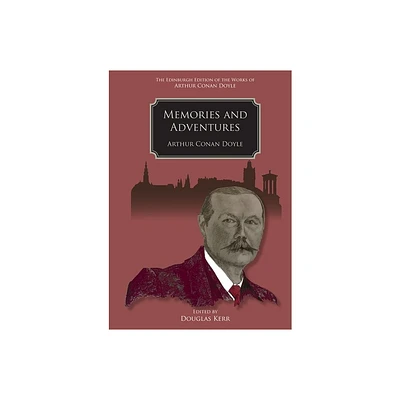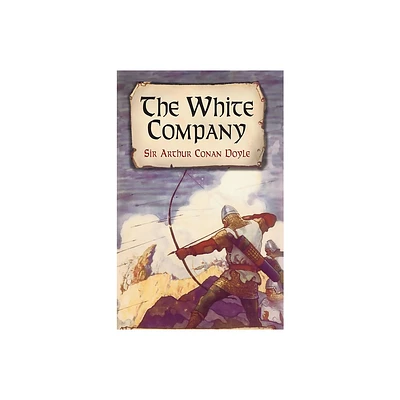Home
the Company of Strangers: Family and Narrative Dickens, Conan Doyle, Joyce, Proust
Loading Inventory...
Barnes and Noble
the Company of Strangers: Family and Narrative Dickens, Conan Doyle, Joyce, Proust
Current price: $105.00


Barnes and Noble
the Company of Strangers: Family and Narrative Dickens, Conan Doyle, Joyce, Proust
Current price: $105.00
Loading Inventory...
Size: Hardcover
*Product Information may vary - to confirm product availability, pricing, and additional information please contact Barnes and Noble
In the Company of Strangers
shows how a reconception of family and kinship underlies the revolutionary experiments of the modernist novel. While stories of marriage and long-lost relatives were a mainstay of classic Victorian fiction, Barry McCrea suggests that rival countercurrents within these family plots set the stage for the formal innovations of Joyce and Proust. Tracing the challenges to the family plot mounted by figures such as Fagin, Sherlock Holmes, Leopold Bloom, and Charles Swann, McCrea tells the story of how bonds generated by chance encounters between strangers come to take over the role of organizing narrative time and give shape to fictional worlds—a task and power that was once the preserve of the genealogical family. By investigating how the question of family is a hidden key to modernist structure and style,
explores the formal narrative potential of queerness and in doing so rewrites the history of the modern novel.
shows how a reconception of family and kinship underlies the revolutionary experiments of the modernist novel. While stories of marriage and long-lost relatives were a mainstay of classic Victorian fiction, Barry McCrea suggests that rival countercurrents within these family plots set the stage for the formal innovations of Joyce and Proust. Tracing the challenges to the family plot mounted by figures such as Fagin, Sherlock Holmes, Leopold Bloom, and Charles Swann, McCrea tells the story of how bonds generated by chance encounters between strangers come to take over the role of organizing narrative time and give shape to fictional worlds—a task and power that was once the preserve of the genealogical family. By investigating how the question of family is a hidden key to modernist structure and style,
explores the formal narrative potential of queerness and in doing so rewrites the history of the modern novel.


















